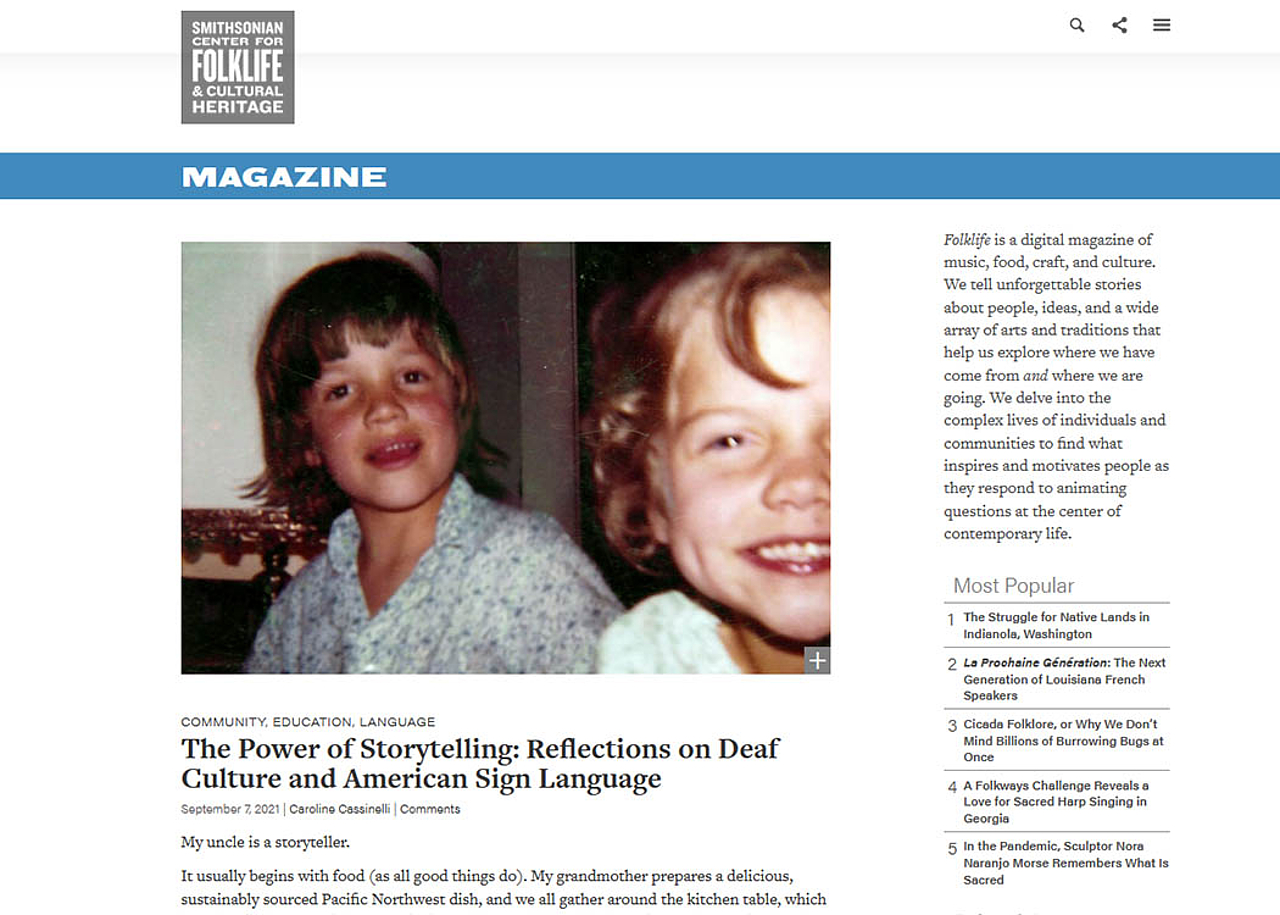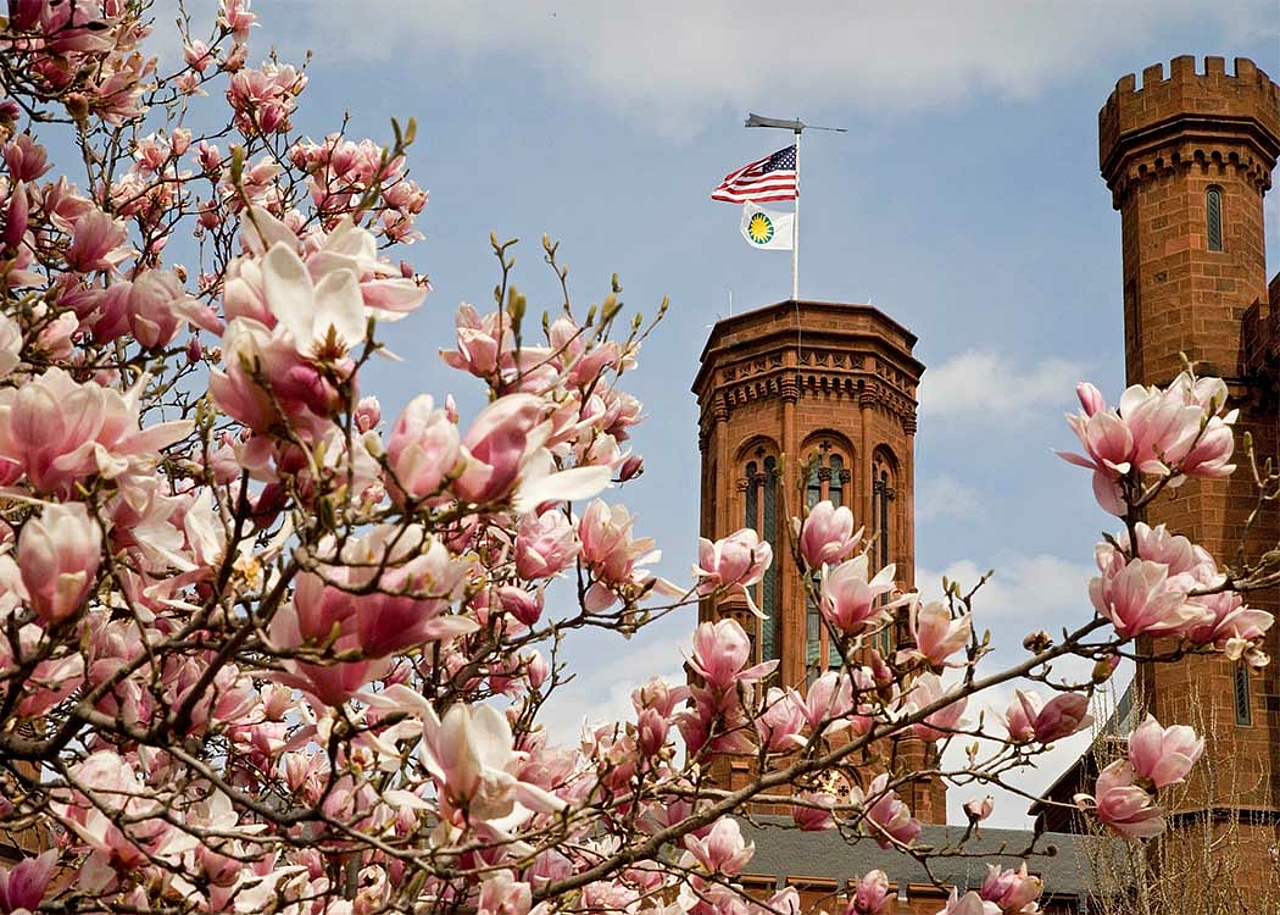How did you come across the internship? How was the application process going?
I found this internship through online research, after exhausting several different internship search engines. I have always been interested in the work of the Smithsonian Institution and in the potential of possibly working there, so I searched through their internship options and found the ones at the Center for Folklife and Cultural Heritage.
I filled out the online application, which included 2 references. I received word through email that I was successful in applying for the internship in late April, and I was required to submit several documents in order to confirm the position. Once all of these forms were submitted, I was officially accepted as a summer intern and I learned who my supervisor was and what project I would be working on.
You did your internship at the Center for Folklife and Cultural Heritage – that sounds really interesting. Tell us more about this institution!
The Smithsonian Institution is the world’s largest museum, education and research complex. Located in Washington, D.C, the Institution encompasses many different centers and organizations, most of which are found in buildings on the National Mall. The Center for Folklife and Cultural Heritage (CFCH) is one of the Smithsonian Institution’s smaller units, with a focus on cultural sustainability through research, education and many community programs. The Center’s motto is “culture of, by and for the people.”
At the Center, I was working specifically within the Cultural Sustainability department, which includes many different initiatives, such as Cultural Heritage Tourism and the Smithsonian Artisan Initiative. For my research tasks, however, I reached out and interviewed several staff members at the Center who are in different departments.
What did you expect from the internship? Could you please tell us more about your goals, task definitions and fields of activity?
My goals in this internship were to contribute meaningful research to the Center’s Artisan Initiative project, while also learning more about cultural sustainability in practice and the organizational culture at a large institution like the Smithsonian. Many of the staff that I interviewed have worked at the Center for a long time, and I really enjoyed my task of interviewing them regarding their projects, partnerships, and self-reflections on their work. In the internship I also intended to learn whether my personal research interest, deaf cultures and signed languages, was present within the Center’s work, and whether or not it could be/is currently defined as cultural heritage.
When I was informed that I would have the opportunity to write and publish an article for the Center’s online magazine, I was very grateful for the chance to integrate my research interest, schoolwork, and all of the new information that I learned throughout my internship.


